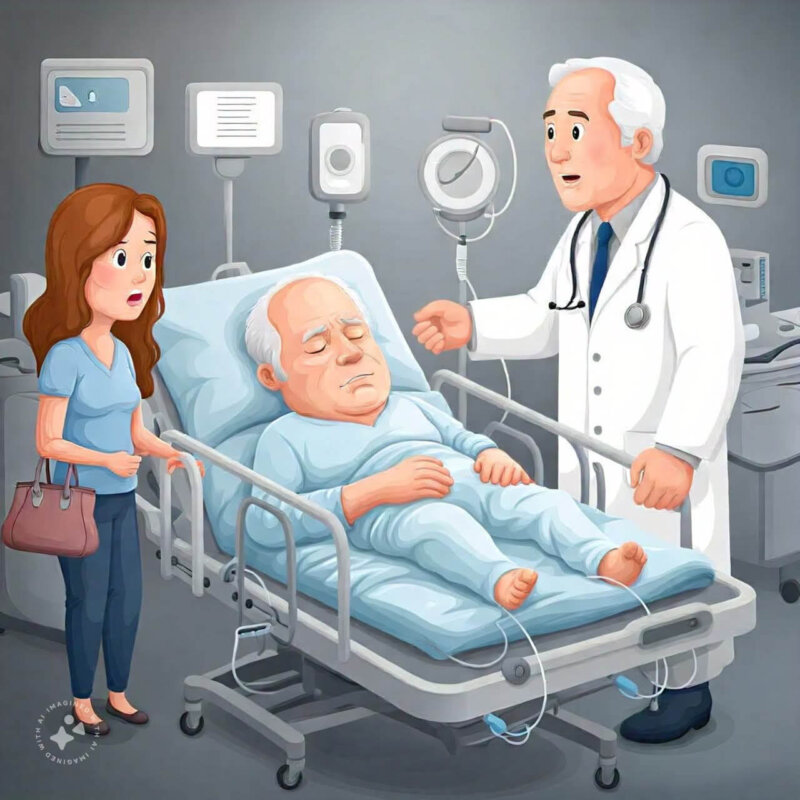
A retired colleague of mine used to joke about how he wanted to start a “Fellowship in Futile Medicine”. Often, an encephalopathic patient might be facing an inevitable death making additional medical care seem futile, but their POA (Power Of Attorney) is unwilling to transition them to hospice and/or change code status to DNR/DNI. Instead of labeling them ‘Delulu‘, being discerning & empathizing with their reasons should be the first step. What seems logical & common knowledge to us can be completely strange, confusing & frightening to non-medical people. Communication & sensitivity are important.
Here’s how I remember the usual drivers of such POA reluctance:
G – Guilt
G – Group non-consensus
G – “Giving up” feeling
G – Goosebumps about Hospice
G – God, reglion & culture
G – Gain
Guilt: Guilt is an erosive emotion that can eat you inside for a lifetime. A person who doesn’t want to feel guilty of “causing death” by transitioning to hospice needs a gentle change in perspective through dialogue.
Group buy-in: If the Trump v/s Biden election can break up families, you can imagine the pressure a POA can feel when another family member disagrees with their Hospice decision. Not the fun kinda “Family Feud“, such grudges can stay forever.
“Giving up”: For some personalities, ‘Giving up’ is simply not an option, and stopping the fight for survival can feel like that to them. A talk about quality of life AND qualify of dying with dignity & respect helps
Goosebumps: Some people simply don’t know enough about Hospice or have been misinformed about hospice being “death panels“.
God & culture: The concept of hospice may be against some cultures & religious beliefs – Native Americans, for example.
Gain: If the POA stands to gain emotionally (only relative, don’t want to feel alone) or even financially from the patient staying alive (e.g. if the only relative is homeless & gets to stay in the hospital) – this can get challenging and calls for patience & constant dialogue and keep the patient’s quality of life in focus.
P.S: Up to 25% of medical costs are spent on the last year of life!
